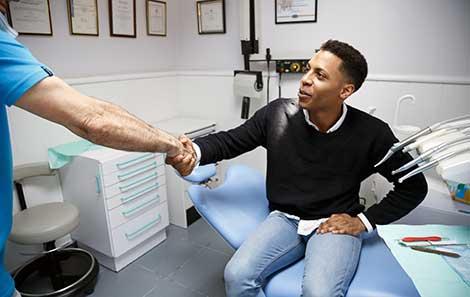STD Testing at UVA
Make an Appointment
For the Charlottesville area:
For Northern Virginia:
Routine sexually transmitted disease (STD) testing can protect you from serious risks.
If you have an unknown and untreated STD:
- You can spread the disease to others
- You risk suffering permanent damage
At UVA, we urge you to get tested often. Read these STD testing FAQs.
STD Testing at UVA
Talking about your sexual history can feel embarrassing. You may want to avoid testing and hope for the best. At UVA, you can count on:
- Privacy
- Confidentiality
- Judgment-free acceptance
- The latest treatments and research
Whatever your background, sexual orientation or gender identity, we’re here to help you get the information you need.
Oral and Rectal Gonorrhea and Chlamydia Testing Options
Like other STDs, gonorrhea and chlamydia be transmitted during vaginal sex. You can also catch these infections through oral sex and anal sex.
Standard STD testing checks your urine. But oral and rectal gonorrhea and chlamydia don’t show up on these urine tests. Make sure to let your provider know about all of your sexual behaviors so you can get a complete screening.
New & Resistant STD Strains
Not only do syphilis, gonorrhea and chlamydia put you at risk for health problems, but other STDs have begun to appear, too. These rare, new diseases pose increasing challenges to infectious disease experts.Traditional treatments don't work as fast, as well or sometimes at all.
At UVA, we serve as the go-to resource for treating rare and dangerous STDs that don’t have easy answers.
